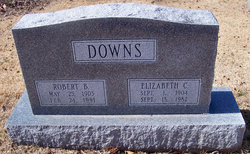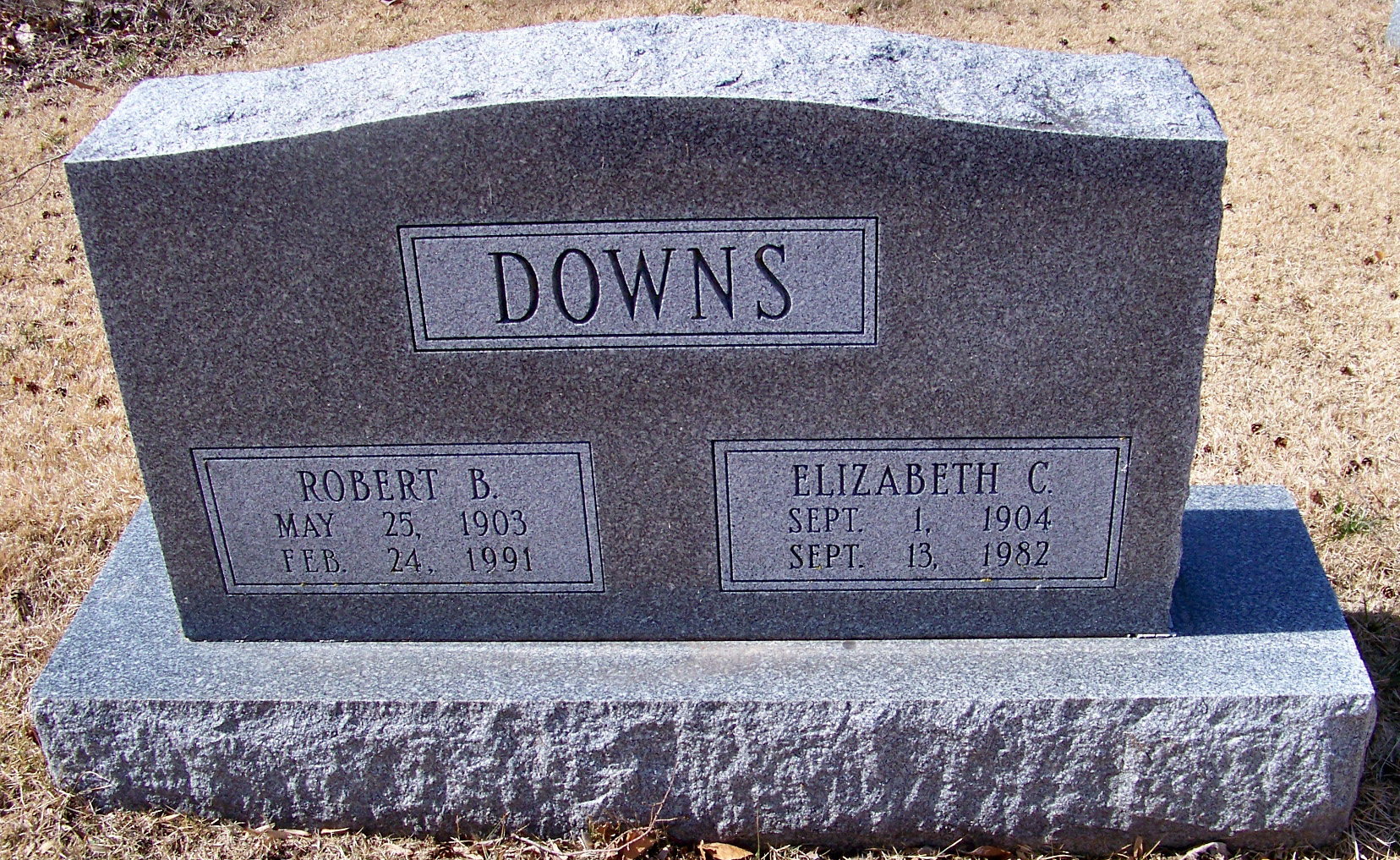During his 60 years as a librarian, he wrote more than 40 books and 400 articles. The books` subjects included 'American Library Resources', and 'Books That Changed the World'.
He also was past president of the American Library Association.
"As a scholar, information scientist and defender of intellectual freedom, Robert Downs had few equals. He was a man of vast intellect, integrity and conviction", said Richard Dougherty, library association president and professor of information and library studies at the University of Michigan.
The library association in 1963 honored him with the Clarence Day Award, which said of him, "No librarian has reached such a wide audience and no librarian has made a richer contribution to an understanding of books for their enjoyment and for their significance in our time".
He was born in Lenoir, N.C. His father was a storekeeper, postmaster, public school teacher, county commissioner and state legislator.
Mr. Downs worked in his youth on a farm and as a steamfitter`s assistant, a ranch hand and a telephone repairman.
As a freshman at the University of North Carolina, he received a student assistantship in the university library and held it until graduation in 1926. He received a second bachelor`s degree and a master`s degree from Columbia University.
He held positions with the New York Public Library, at Colby College in Maine and at the University of North Carolina. From 1938 to 1943, he was director of libraries at New York University.
During his tenure from 1943 to 1971 at the University of Illinois, the school`s library became the largest state university library and the third-largest university library in the country.
In 1950, as president of the library association, he attacked what he called 'the current wave of anti-intellectualism, manifesting itself in attacks on books, on freedom of speech, fredom of inquiry, freedom to teach and all those rights we have long held to be guaranteed by the 1st Amendment'.
His efforts directly led to President Dwight D. Eisenhower`s 1953 'Don`t Join the Book-Burners' speech.
Japan invited him to help form the National Diet Library and a new Japanese Library School. As a result, he was awarded the Japanese 'Order of the Sacred Treasure'.
Survivors include his wife, Jane; two daughters, Roberta Andre and Clara Keller; three grandchildren, and two great-grandchildren.
Services were held in Champaign.
During his 60 years as a librarian, he wrote more than 40 books and 400 articles. The books` subjects included 'American Library Resources', and 'Books That Changed the World'.
He also was past president of the American Library Association.
"As a scholar, information scientist and defender of intellectual freedom, Robert Downs had few equals. He was a man of vast intellect, integrity and conviction", said Richard Dougherty, library association president and professor of information and library studies at the University of Michigan.
The library association in 1963 honored him with the Clarence Day Award, which said of him, "No librarian has reached such a wide audience and no librarian has made a richer contribution to an understanding of books for their enjoyment and for their significance in our time".
He was born in Lenoir, N.C. His father was a storekeeper, postmaster, public school teacher, county commissioner and state legislator.
Mr. Downs worked in his youth on a farm and as a steamfitter`s assistant, a ranch hand and a telephone repairman.
As a freshman at the University of North Carolina, he received a student assistantship in the university library and held it until graduation in 1926. He received a second bachelor`s degree and a master`s degree from Columbia University.
He held positions with the New York Public Library, at Colby College in Maine and at the University of North Carolina. From 1938 to 1943, he was director of libraries at New York University.
During his tenure from 1943 to 1971 at the University of Illinois, the school`s library became the largest state university library and the third-largest university library in the country.
In 1950, as president of the library association, he attacked what he called 'the current wave of anti-intellectualism, manifesting itself in attacks on books, on freedom of speech, fredom of inquiry, freedom to teach and all those rights we have long held to be guaranteed by the 1st Amendment'.
His efforts directly led to President Dwight D. Eisenhower`s 1953 'Don`t Join the Book-Burners' speech.
Japan invited him to help form the National Diet Library and a new Japanese Library School. As a result, he was awarded the Japanese 'Order of the Sacred Treasure'.
Survivors include his wife, Jane; two daughters, Roberta Andre and Clara Keller; three grandchildren, and two great-grandchildren.
Services were held in Champaign.
Family Members
Sponsored by Ancestry
Advertisement
Advertisement












